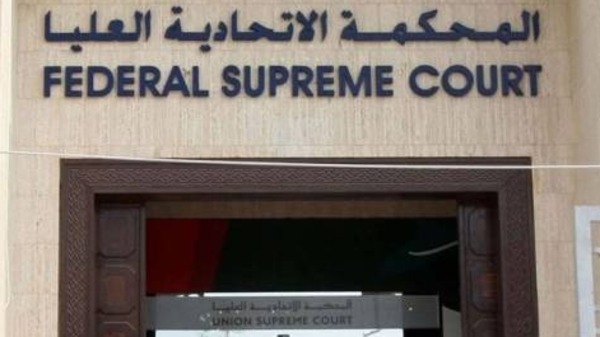
Greed motivated a Hong Kong businessman to pay government officials in two African countries with millions of dollars in bribes in an attempt to land lucrative business deals and oil rights for a Chinese energy conglomerate, federal prosecutors told a jury in New York.
But a lawyer for Patrick Ho, who was once Hong Kong’s home affairs secretary, said on Monday the payments were both charitable and above board, and the conglomerate received “nothing in return”.
“This is a bribery case with no bribe,” Benjamin Rosenberg said in his opening statement in Ho’s defence.
The payments Ho made to government officials, including the president of Chad and the Ugandan foreign minister, were intended only to generate goodwill and long-term relationships, he argued.
The conflicting portrayals of Ho came on the first day of trial in a United Nations-linked case that has drawn international attention. Ho has pleaded not guilty to charges of conspiracy, money-laundering, and violating the Foreign Corrupt Practices Act.
Ho’s defence team agreed before the trial it will not try to argue the US brought the case against Ho as part of a broader campaign against China, or that the timing of the prosecution was part of a wider political agenda.
|
China’s Xi offers $60bn in financial support to Africa |
Prosecutors said Ho gained access to prominent officials through his role leading a nongovernmental organisation funded by the oil and gas conglomerate CEFC China Energy. They said Ho tried to disguise the bribes as charitable donations, even though he concealed one of the initial payments as cash in gift boxes.
Bribery ‘playbook’
“Running an NGO allowed the defendant to pass himself off as a humanitarian,” the US Justice Department’s Paul Hayden told the jury. “He offered millions of dollars in bribes, and he did so to gain business.”
The case focuses on two schemes prosecutors said involve the same “playbook”, in which Ho scouted potential business opportunities and then used his connections to arrange high-level meetings with government officials in a position to steer business to CEFC.
One of the bribes “backfired”, Hayden said, when the president of Chad, Idriss Deby, became furious and demanded to know why Ho had attempted to pay him off.
Hayden said Ho was “impressed” by the president’s refusal and eventually persuaded him to accept the $2m in cash as a charitable donation. “Call it a donation or not,” Hayden said, “the defendant was focused on business.”
Rosenberg countered that cash was not necessarily a suspicious form of payment given the “circumstances in Chad”. He told jurors they should not trust a key government witness, Cheikh Gadio, a former co-defendant in the case who agreed to testify against Ho under a non-prosecution agreement.
Prosecutors said they intend to present emails, text messages and financial records as part of their case, as well as Ho’s voice captured on a recorded call.












